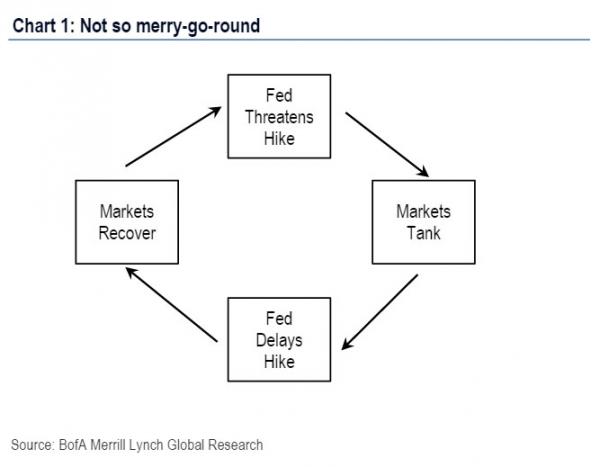Friday, July 22, 2016 12:11:13 PM
Filed 06/29/16
13. On or about January 6, 2015, Plaintiff is alleged to have incurred certain financial obligations to Express Tire, which were primarily for personal, family or household purposes and are therefore a “debt” as that term is defined by 15 U.S.C. §1692a(5).
14. These alleged obligations were money, property, or their equivalent, which is due or owing, or alleged to be due or owing, from a natural person to another person and are therefore a “debt” as that term is defined by the California Civil Code §1788.2(d), and a “consumer debt” as that term is defined by California Civil Code §1788.2(f).
15. Sometime thereafter, but prior to November 20, 2015, Plaintiff allegedly fell behind in the payment allegedly owed on the debt.
16. Sometime prior to November 20, 2015, the alleged debt was assigned, placed or otherwise transferred to Defendant for collection.
17. On or about November 20, 2015, Defendant began attempting to collect the alleged debt.
18. On or about November 20, 2015, Defendant began conducting a campaign of continuous telephone collection calls to Cantoria’s cell phone number (xxx) xxx-3438 (hereinafter “cell phone”), as well as communications made in collection calls with persons other than Cantoria.
...
19. On or about December 14, 2015, Defendant contacted Cantoria’s cell phone at least four times between 8:01 a.m. and 8:17a.m., and has continued to contact Cantoria’s cell phone repeatedly since December 14, 2015.
20. Cantoria did not authorize Defendant to contact her cell phone number
21. These phone calls to Cantoria’s cell phone were “communications” within the meaning of 15 U.S.C. §1692a(2), and “debt collections” as defined in California Civil Code §1788.2(b).
22. At various and multiple times prior to the filing of the instant complaint, including within one (1) year preceding the filing of this complaint, Defendant repeatedly contacted Cantoria in multiple attempts to collect the alleged debt with the intent to annoy, abuse and/or harass her, in violation of 15 U.S.C. §1692d.
23. On or about December 14, 2015, Defendant contacted Cantoria’s father at his home and left a message on his answering machine regarding the alleged debt.
24. Cantoria did not provide her father’s contact information, and in no way authorized Element Global Services to contact her father.
25. The communication with Cantoria’s father was made without the express permission of a court of competent jurisdiction, and for a purpose not reasonably necessary to effectuate a post-judgment judicial remedy, in connection with the collection of a debt, with a person other than the consumer, in violation of 15 U.S.C. §1692b.
26. At all times herein, the Defendant was attempting to collect the alleged debt from Cantoria, and that debt was a debt as defined by 15 U.S.C. §1692a (5) of the FDCPA, and a “consumer debt” as that term is defined by California Civil Code §1788.2(f).
27. By engaging in the foregoing conduct, the natural consequence being harassment and oppression of Cantoria, in connection with the collection of a debt, Defendant violated 15 U.S.C. §1692d and 15 U.S.C. §1692f.
28. Because the Defendant’s actions violated certain portions of the Fair Debt Collection Practices Act as those portions are incorporated by reference in the Rosenthal Fair Debt Collection Practices Act through California Civil Code §1788.17, the Defendant’s conduct also violated California Civil Code §1788.17.
FEATURED Cannabix Technologies and Omega Laboratories Inc. Advance Marijuana Breathalyzer Technology - Dr. Bruce Goldberger to Present at Society of Forensic Toxicologists Conference • Sep 24, 2024 8:50 AM
FEATURED Integrated Ventures, Inc Announces Strategic Partnership For GLP-1 (Semaglutide) Procurement Through MedWell USA, LLC. • Sep 24, 2024 8:45 AM
Avant Technologies Accelerates Creation of AI-Powered Platform to Revolutionize Patient Care • AVAI • Sep 24, 2024 8:00 AM
VHAI - Vocodia Partners with Leading Political Super PACs to Revolutionize Fundraising Efforts • VHAI • Sep 19, 2024 11:48 AM
Dear Cashmere Group Holding Co. AKA Swifty Global Signs Binding Letter of Intent to be Acquired by Signing Day Sports • DRCR • Sep 19, 2024 10:26 AM
HealthLynked Launches Virtual Urgent Care Through Partnership with Lyric Health. • HLYK • Sep 19, 2024 8:00 AM







